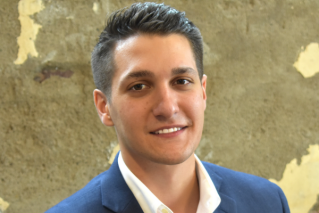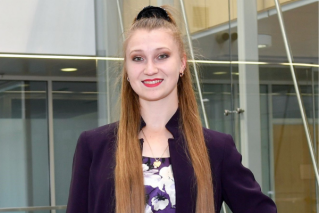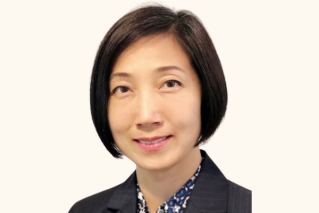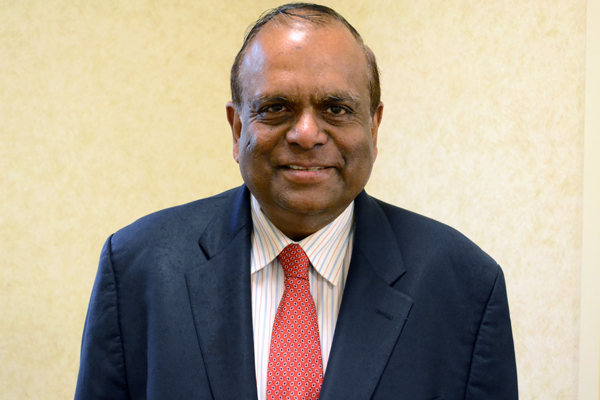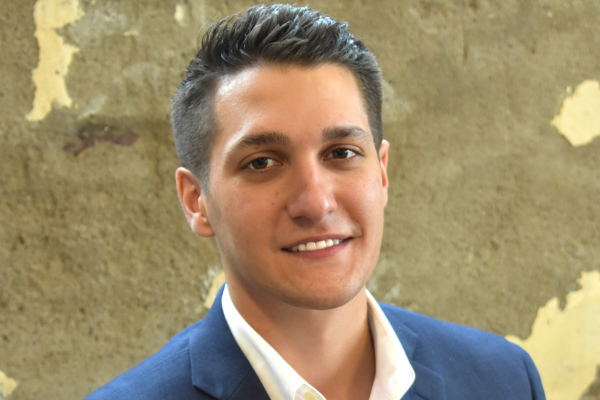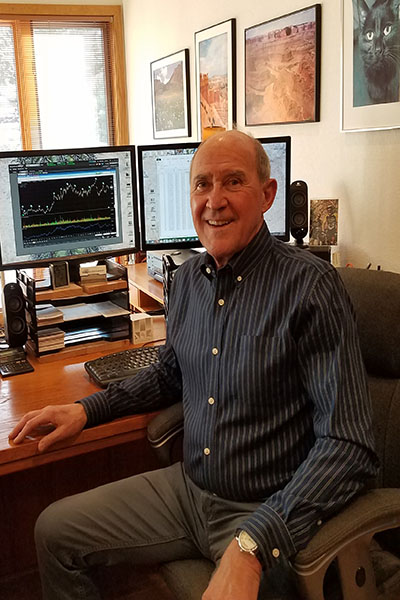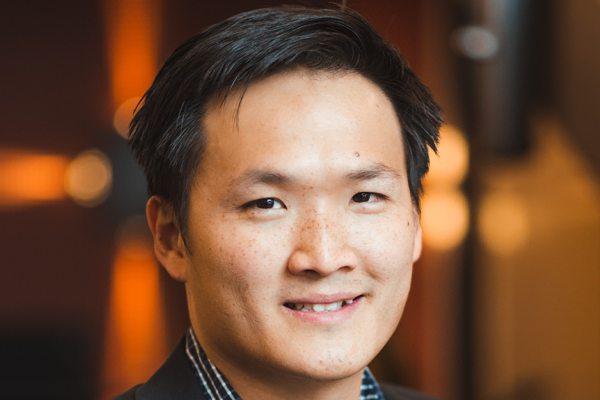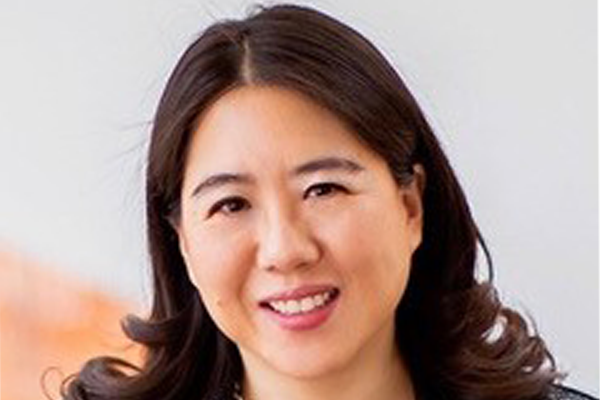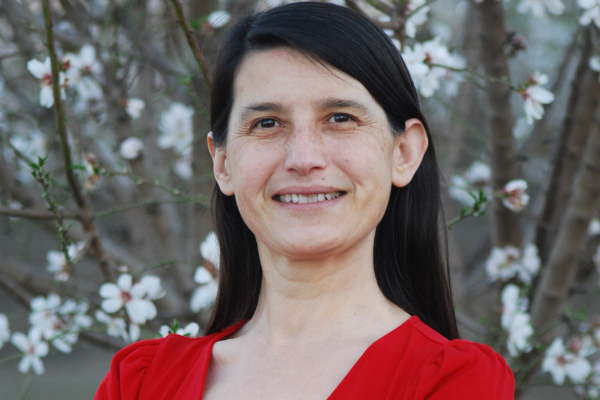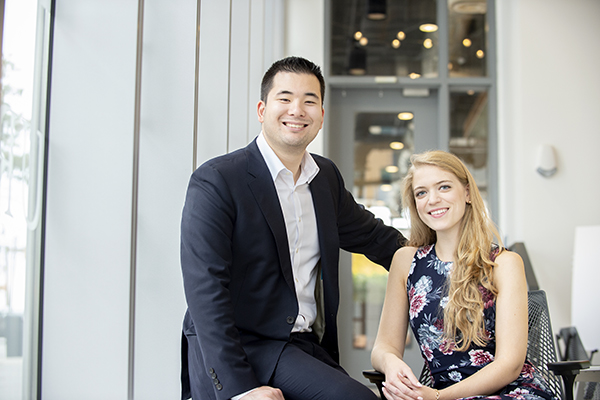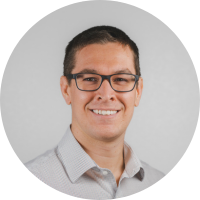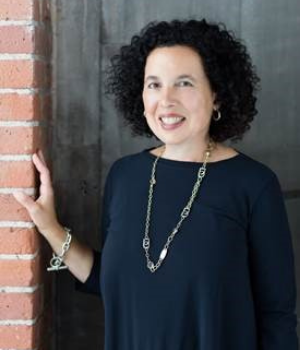
Marjorie Radlo-Zandi, Impact Investor, Consultant and Board Member, QSM Diagnostics
Marjorie Radlo-Zandi is an angel investor, mentor, consultant and board member who focuses on early-stage companies she believes will make a measurable, social or environmental impact with financial return. The majority of her investments are in companies led by people of color and women.
She was a senior executive in Silicon Valley and biotech diagnostics, where she developed a reputation for driving organizational growth through innovation, global market expansion and building robust cross-cultural teams.
Her biggest achievement: growing the multi-product company VICAM to 100 countries, and selling it to Waters, a $2 billion public corporation. Today, she advises founders on building and scaling their firms, invests and mentors through Launchpad Venture Group in tech and life science, and Branch Venture Group in food and food tech.
Based in Boston, Marjorie mentors for Harvard Undergraduate Capital Partners, Venture Mentoring Network/Northeastern University, One Valley and Manatee Mentor. She is a sought-after panelist and speaker on start-ups and scaling for growth.
Can you share your backstory and how you got started? What drives you?
Although I was entrepreneurially driven, after my MBA I chose to work in Silicon Valley tech firms instead of starting a business, in order to learn the skills needed for business growth. After eight years in Silicon Valley, I joined an early-stage food diagnostic business that needed to scale. As part of the founding team, I led the expansion to 100 countries using angel funds, and ultimately sold it to Waters, a two billion dollar player. After the sale, I ran this company for many years as a business unit of its public parent. And while I succeeded as a corporate executive, my entrepreneurial passions bubbled below the surface.
You know how they say when the student is ready the teacher appears? It happened while chatting with my colleague and friend Dr. Dorothy Phillips, who had also been a senior executive at Waters.
As the first African American to graduate from Vanderbilt University, Dorothy had recently been honored with a lifetime achievement award and two fellowships in her name. Growing up in the segregated south, Dorothy learned to think outside the box. After earning her PhD and a successful career at Waters, she was elected as a Director-at-Large of the American Chemical Society Board of Directors.
Speaking as a trusted friend, Dorothy stressed how important it was to plan for one’s next act and encouraged me to discover what that could be. That advice booted me out of my restlessness. Around the same time my friend John introduced me to the world of active involvement in early stage companies. It blew my mind open when he talked about consulting, mentoring and angel investing, and that I could do all this.
As a member of Launchpad Venture Group, the largest angel investment organization of its kind in the Northeast and the third largest in the U.S., John invited me to a meeting. It was a perfect fit. I’ve been a member of Launchpad for five years and Branch Venture Group for three years.
As I explored the start-up universe through the lens of an angel investor, I knew I could walk into many of these companies, and help the founding team either as a board member or advisor to put them on a growth, scale and go to market trajectory. I was thrilled to know I could invest as an angel in bright, innovative startups with the potential to positively impact the world.
So now I invest money and time in teams and missions I believe in, and actively seek out female and people of color founders and entrepreneurs worldwide who have a deep passion and drive to succeed.
Why impact investing? What does that mean to you and has that shifted over the years?
Impact investing refers to investments in companies, organizations, and funds with the intention to generate a measurable, beneficial social or environmental impact alongside a financial return[1]. Impact investments provide capital to address social or environmental issues. For me, causes may include better-for-you food and beverages, strides in veterinary care through diagnostics and nutrition, investing in a cleaner environment with new technologies, making food transparency clearer, AI tools for more significant fundraising in nonprofits with important social missions, technology to make the workplace safer, and educational technology for lowering inequality in education.
What’s been your most successful Angel or VC investment?
I have many successful angel investments in a range of sectors. I’d like to highlight Torigen Pharmaceuticals, a start-up in the companion animal immuno-oncology space. This is an attractive and lucrative space because personalized medicine is growing and becoming increasingly important. I initially invested in this company with both my head and heart when my standard poodle Sabrina developed cancer (too late for Torigen’s treatments).
If I had known about this company earlier, Sabrina would likely be alive today. Torigen uses a dog’s own tumor cells to create a personalized immunotherapy. Along with being extremely highly effective, the treatment is also kind to animals, easy to administer and is a fraction of the cost of chemotherapy and radiation.
The main lesson about this investment is the absolute importance of not only the product, market, advisors, plan and potential exit, but the exemplary coachability of the founder/CEO. Ashley Kalinaukas is an outstanding founder/CEO. She was recently named a “30 under 30 In Science 2020” by Forbes Magazine.
Was there a “lesson learned” or failed investment story you can share with us?
Early in my angel investing career, I invested in a start-up with a terrific plan and SaaS platform, market, stellar advisory board and team, and a non-coachable CEO/Founder who was related to one of the key board members. The founder wouldn’t take any advice. He thought he knew better. It was a good lesson in how critical coachability and leadership are in a CEO/Founder. In the end it’s about people and leadership regardless of having the best product/service/plans/markets. Although promising, this venture did not succeed.
How are you measuring personal success?
By leading, mentoring and funding, and having a voice in these various spaces, I enable diverse entrepreneurs around the world to bring to market products and technologies that impact and make people healthier and more prosperous. I want to be known as a compassionate person who encourages empathy, respect, trust and reciprocity, and helps others understand that what they do is much bigger than themselves.
What advice would you give to young scientists who want to make a positive impact on our environment or society on how to connect with socially-conscious investors?
For young scientists, I would advise them to seek out an incubator or accelerator in the area that one wants to focus on to make an impact. For example, Cleantech Open is one such accelerator with national operations in the Cleantech space. There’s North Shore InnoVentures for Life Sciences in the Northeast.
Incubators and accelerators can help young companies and entrepreneurs refine their business plan and also meet potential investors. When an early stage company is ready for investment, I recommend looking at the Angel Capital Association for Angel Groups that specialize in the area where one’s business is focused.
[1] "2017 Annual Impact Investor Survey". The Global Impact Investing Network.
This article has been edited for length and clarity. The opinions expressed in this article are the author's own and do not necessarily reflect the view of their employer or the American Chemical Society.
Copyright 2021 American Chemical Society (All Rights Reserved)

